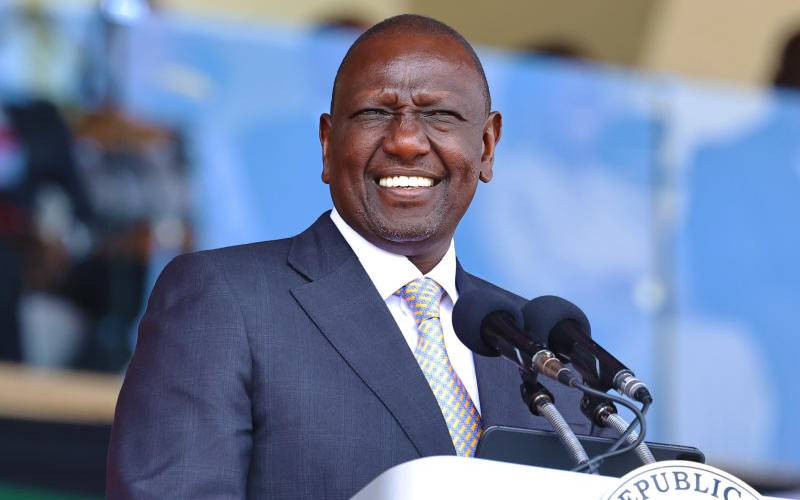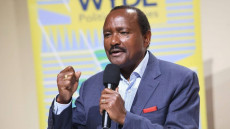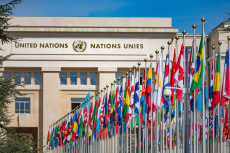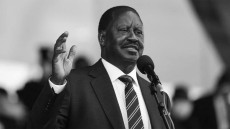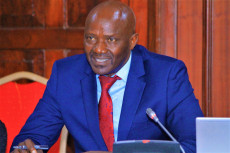- Citizens have voiced growing concern over governance priorities, particularly when public perception suggests that image management may be taking precedence over people-centered service.
President William Ruto has now marked three years in office, a period that began with widespread optimism and the promise of national renewal. Kenyans envisioned a government that would champion inclusive growth, uphold public dignity, and foster unity across all sectors. Yet, the journey has been marked by moments of profound national introspection.
From heightened civic unrest to economic strain, the country has weathered a series of challenging episodes that have tested both leadership and public resilience. Citizens have voiced growing concern over governance priorities, particularly when public perception suggests that image management may be taking precedence over people-centered service.
On May 19, 2025, renowned activist Boniface Mwangi was reportedly subjected to severe mistreatment while in Tanzania, where he had traveled in solidarity with Tanzanian opposition figure Tundu Lissu. His eventual discovery at a border post between Tanzania and Uganda, visibly distressed and physically harmed, sparked a wave of public concern and calls for diplomatic clarity.
Kenyans, both online and offline, rallied for accountability and reassurance. Yet, during the National Prayer Breakfast on May 28, President Ruto extended formal apologies to Tanzania and Uganda, focusing on regional harmony rather than directly addressing the activist’s ordeal. This gesture, while diplomatically strategic, left many citizens feeling unheard and emotionally sidelined.
The president’s approach to cross-border relations during this period raised questions about Kenya’s capacity to safeguard its citizens abroad. While efforts to de-escalate regional tensions were acknowledged, the absence of a robust public response to Mwangi’s case became a focal point of civic discourse.
Read More
In a subsequent media engagement with Mount Kenya outlets, President Ruto made several statements that were later scrutinized by NTV’s fact-checking team. Among them:
He asserted that Kenya continued tea exports to Sudan, a claim contradicted by the Sudanese embassy, which cited a formal suspension of imports.
He also celebrated the rollout of the Competency-Based Curriculum as a stabilizing force in education, though infrastructural and staffing gaps remain.
Furthermore, the President then claimed to have hired 76,000 teachers in two years; official records suggest the figure stands closer to 56,000–60,000.
While inflation has eased from 9.6% to 4.5%, as of August 2025, many households continue to grapple with elevated living costs, especially in food and essential services. These narratives, some viewed as strategic positioning in the central region, have prompted reflection on the balance between political messaging and lived realities.
Leadership, by its very nature, demands more than ceremonial gestures—it calls for moral clarity, institutional accountability, and a deep respect for the people’s voice. Article 73 of the Kenyan Constitution outlines the ethical compass for public office: promoting unity, safeguarding freedoms, and serving with integrity.

